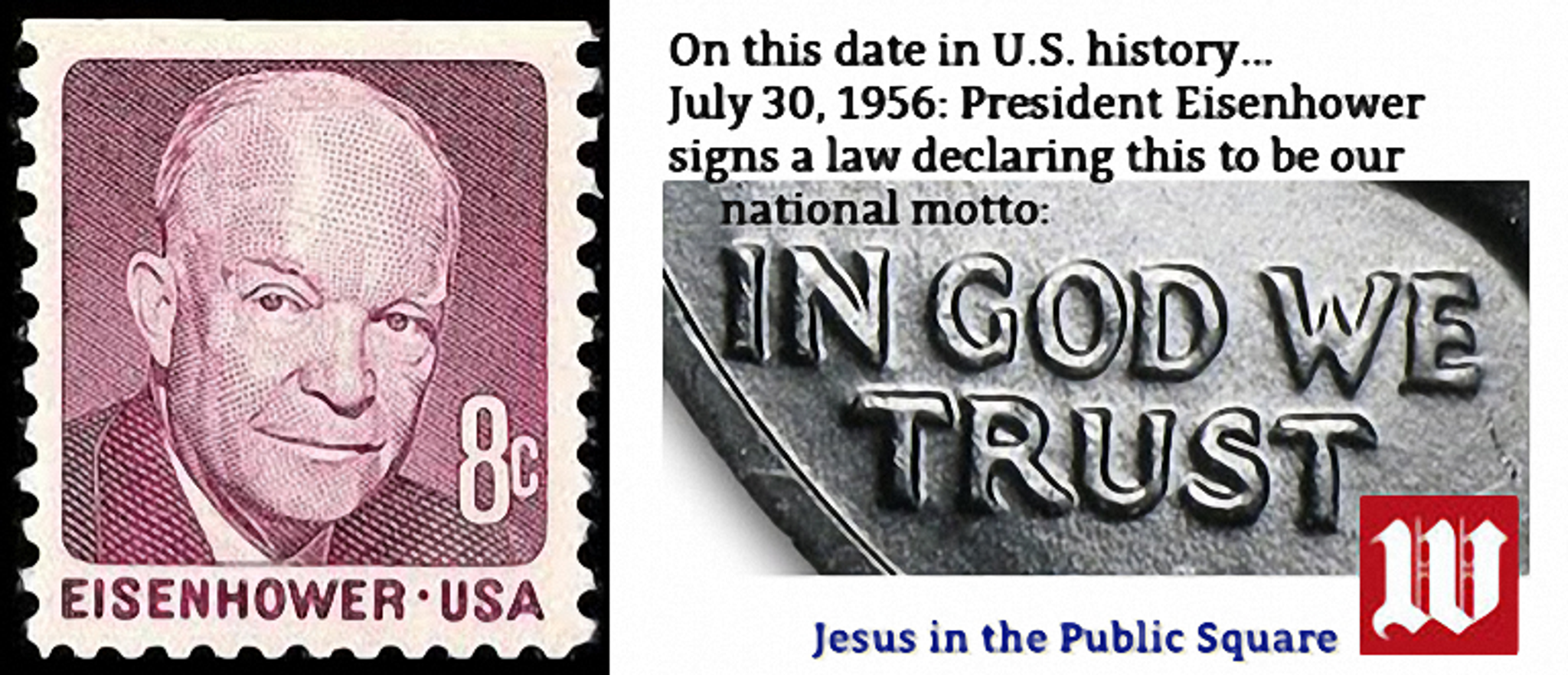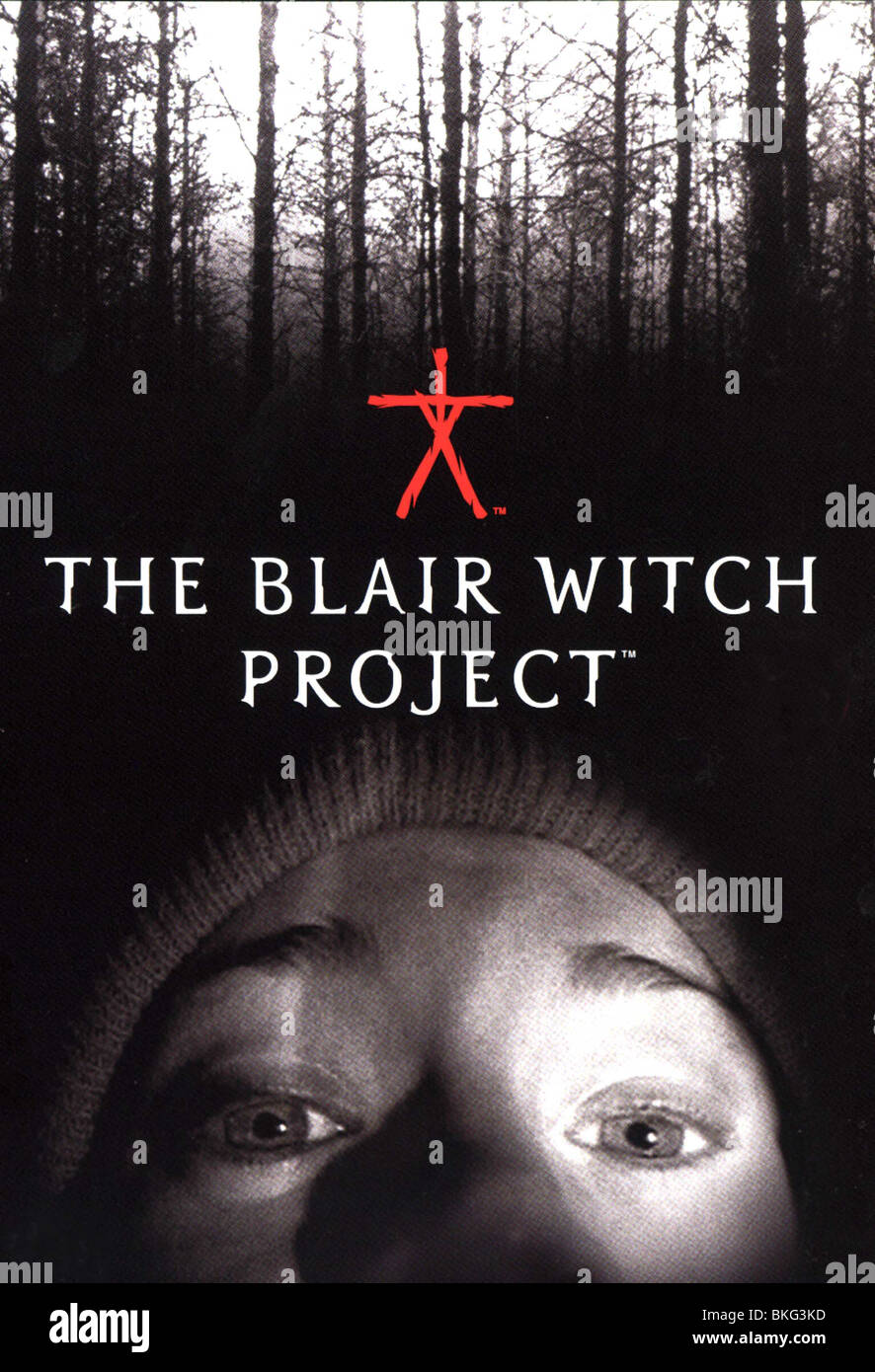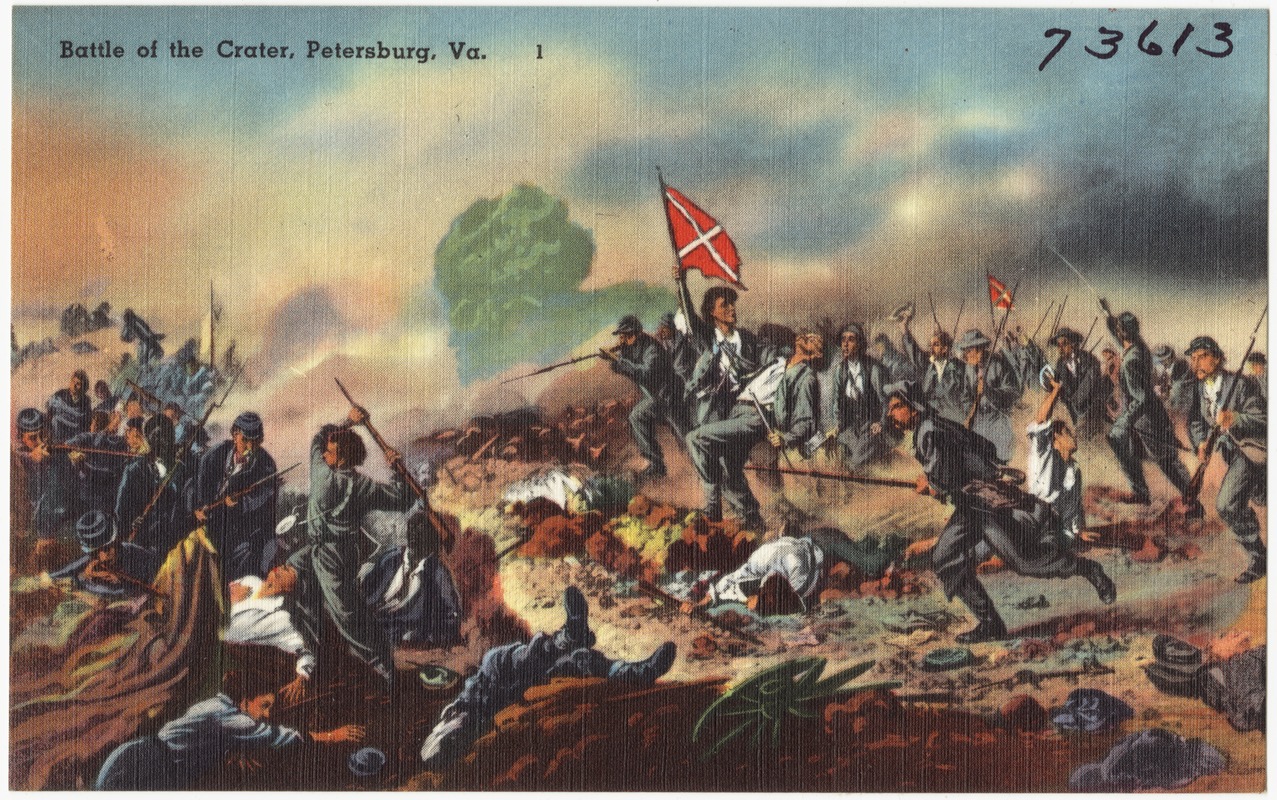
President Johnson signs Medicare into law
On July 30, 1965, President Lyndon B. Johnson signs Medicare, a health insurance program for elderly Americans, into law. At the bill-signing ceremony, which took place at the Truman Library in Independence, Missouri, former President Harry Truman was enrolled as Medicare’s first beneficiary and received the first Medicare card.
Johnson wanted to recognize Truman, who, in 1945, had become the first president to propose national health insurance, an initiative that was opposed at the time by Congress.
The Medicare program, providing hospital and medical insurance for Americans age 65 or older, was signed into law as an amendment to the Social Security Act of 1935. Some 19 million people enrolled in Medicare when it went into effect in 1966.
In 1972, eligibility for the program was extended to Americans under 65 with certain disabilities and people of all ages with permanent kidney disease requiring dialysis or transplant. In December 2003, President George W. Bush signed into law the Medicare Modernization Act, which added outpatient prescription drug benefits to Medicare.
Medicaid, a state and federally funded program that offers health coverage to certain low-income people, was also signed into law by President Johnson on July 30, 1965, as an amendment to the Social Security Act.

ART, LITERATURE, AND FILM HISTORY
1966
The Troggs take their signature hit, “Wild Thing,” to #1
If there is one song that has been played more times by more bands in more garages than any ever written, it is probably “Louie Louie,” The Kingsmen’s classic 1966 hit. But if any other song warrants a place in the conversation.

WORLD WAR II
1945
USS Indianapolis torpedoed
On July 30, 1945, the USS Indianapolis is torpedoed by a Japanese submarine and sinks within minutes in shark-infested waters. Only 316 of the 1,196 men on board survived. However, the Indianapolis had already completed its major mission.

U.S. PRESIDENTS
1974
Watergate affair approaches climax
Under coercion from the U.S. Supreme Court, President Richard M. Nixon releases subpoenaed White House recordings—suspected to prove his guilt in the Watergate scandal—to special prosecutor Leon Jaworski.
US GOVERNMENT
1619
First legislative assembly in America convenes in Jamestown
In Jamestown, Virginia, the first elected legislative assembly in the New World—the House of Burgesses—convenes in the choir of the town’s church. Earlier that year, the London Company, which had established the Jamestown settlement 12 years before, directed Virginia Governor.

WORLD WAR II
1943
Hitler gets news of Italy’s imminent defection
On July 30, 1943, Adolf Hitler learns that Axis ally Italy is buying time before negotiating surrender terms with the Allies in light of Mussolini’s fall from power. Hitler had feared that such a turn of events was possible.

SPORTS
1976
Caitlyn Jenner wins Olympic decathlon
On July 30, 1976, American Caitlyn Jenner—who was competing as Bruce Jenner—wins gold in the men's decathlon at the Montreal Olympics. Jenner's 8,617 points set a world record in the event. The secret to Jenner’s success was preparation.

U.S. PRESIDENTS
1956
President Eisenhower signs “In God We Trust” into law
On July 30, 1956, two years after pushing to have the phrase “under God” inserted into the pledge of allegiance, President Dwight D. Eisenhower signs a law officially declaring “In God We Trust” to be the nation’s official motto.

ART, LITERATURE, AND FILM HISTORY
1999
"The Blair Witch Project" released in theaters
On July 30, 1999, The Blair Witch Project, a low-budget, independent horror film that will become a massive cult hit, is released in U.S. theaters. Shot with shaky, handheld cameras, the documentary-style movie told the story of three student filmmakers who disappeared into the woods and were never heard from again, although their footage was later discovered.

NATURAL DISASTERS & ENVIRONMENT
1971
Fighter jet collides with passenger plane
A mid-air collision between a Boeing 727 and a fighter jet in Japan kills 162 people on July 30, 1971. The military plane was flying without radar. All Nippon Airways Flight 58 was traveling from Chitose Airport in Hokkaido to Tokyo.

CRIME
1994
Man charged in murder of Megan Kanka
Jesse Timmendequas is charged with the murder of seven-year-old Megan Kanka in New Jersey. Kanka’s death inspired Megan’s Law, a statute enacted in 1994 requiring that information about convicted sex felons be available to the public.

CIVIL WAR
1864
Union forces stopped at the Battle of the Crater
On July 30, 1864, at the Battle of the Crater, the Union’s ingenious attempt to break the Confederate lines at Petersburg, Virginia, by blowing up a tunnel that had been dug under the Rebel trenches fails. Although the explosion created a gap in the Confederate defenses.

INVENTIONS & SCIENCE
2003
Last classic VW Beetle rolls off the line
On July 30, 2003, the last of 21,529,464 Volkswagen Beetles built since World War II rolls off the production line at Volkswagen’s plant in Puebla, Mexico. One of a 3,000-unit final edition, the baby-blue vehicle was sent to a museum in Wolfsburg, Germany.
Comments
Post a Comment